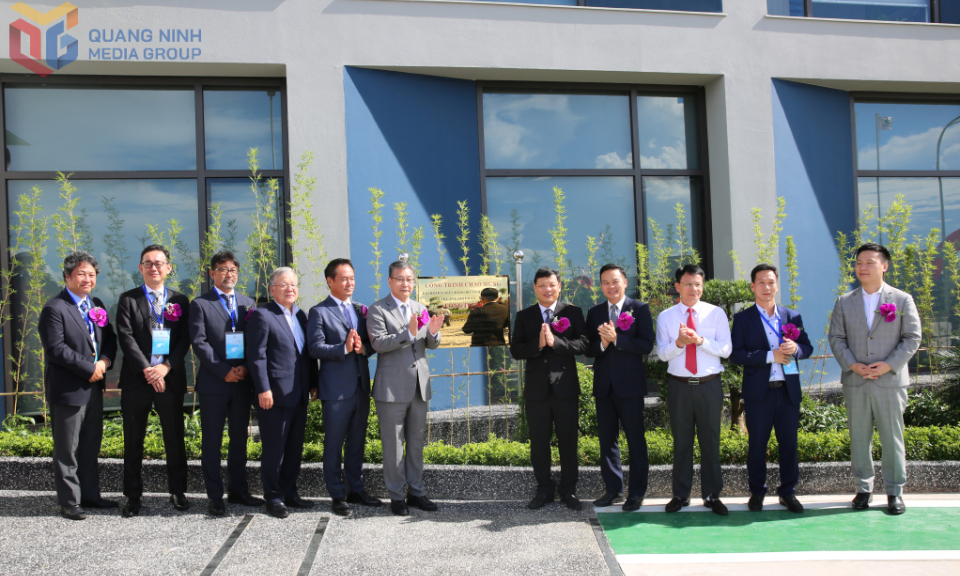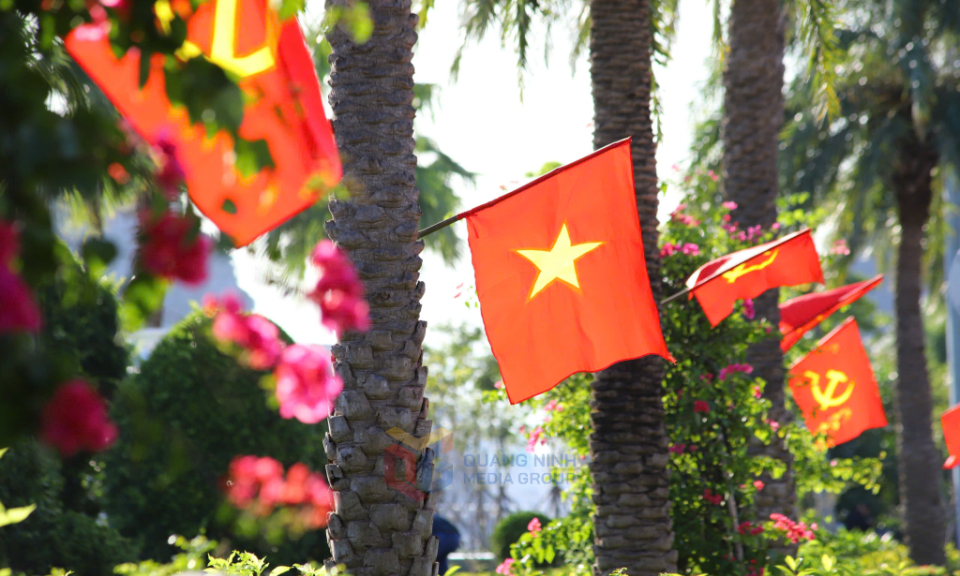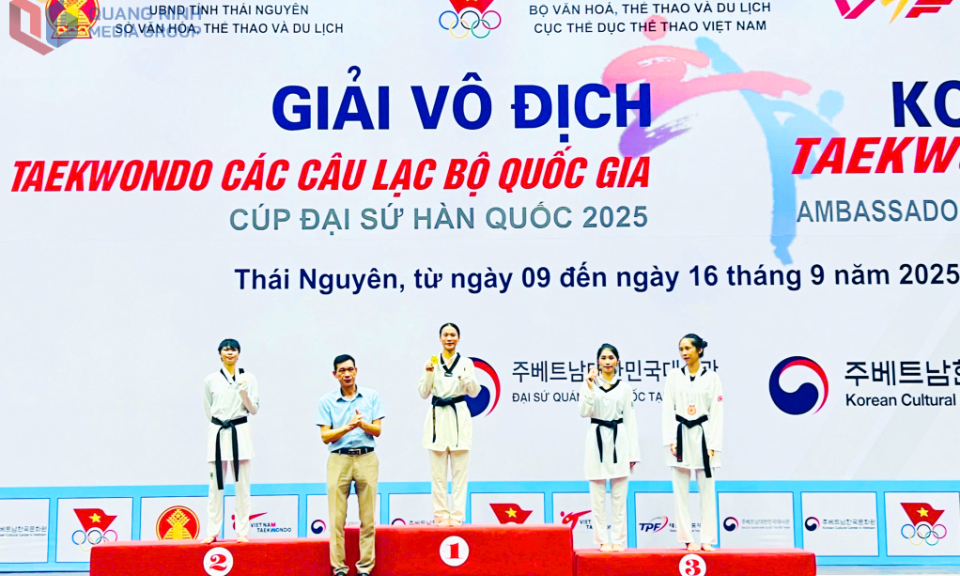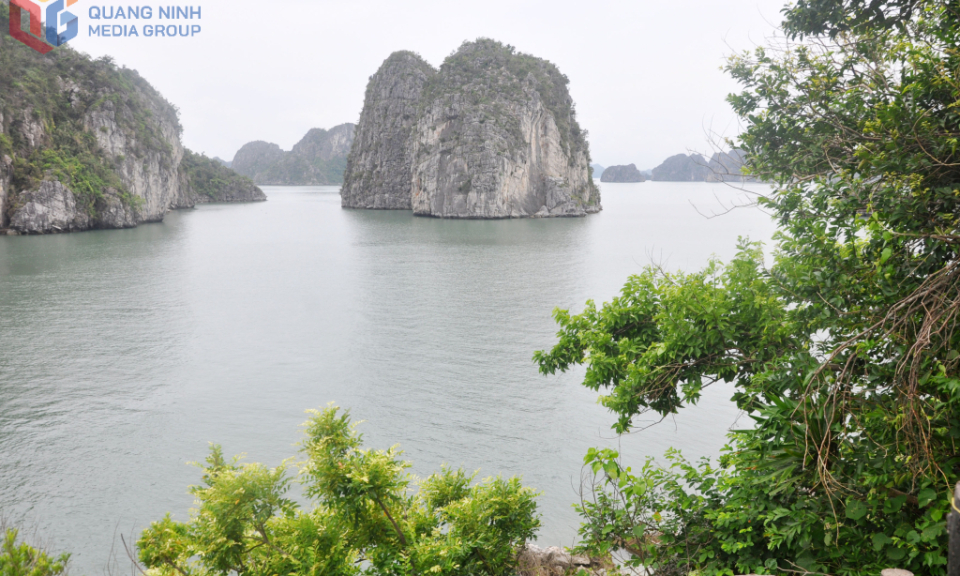Preserving the cultural lifeblood of ethnic minorities
Preserving and promoting the traditional cultural values of Vietnam’s ethnic minority communities is a long-term, strategic, and urgent mission that has consistently been prioritized by the Party and the State. Quang Ninh province has recently devoted significant attention and resources to this important work, and many precious cultural traditions have not only been safeguarded but also revitalized and widely promoted, contributing to tourism development and enhancing the material and spiritual lives of ethnic communities.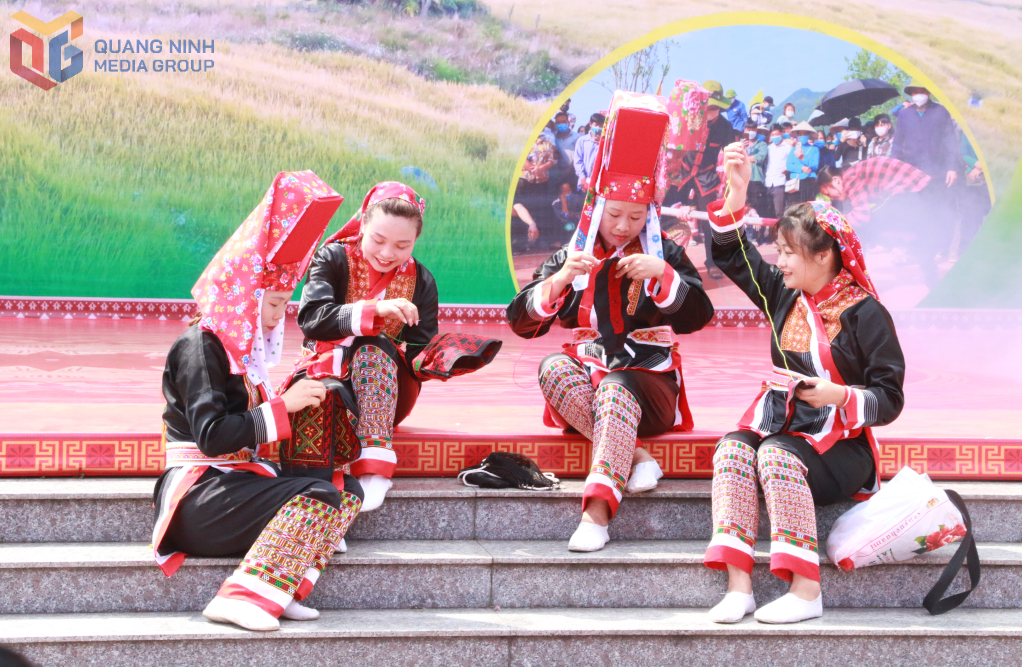
Among the many cultural highlights is the New Rice celebration, an important annual ritual of the Tay people in Luc Hon commune, traditionally held at the end of the tenth lunar month. The ceremony marks the end of the harvest season, when families express gratitude to deities and ancestors for a year of favorable weather and bountiful crops. It also strengthens family bonds and reinforces community solidarity. Typically, the celebration lasts throughout the lunar month and is deeply embedded in the spiritual life of the Tày.
Recognizing the ritual’s unique cultural value, local authorities have in recent years developed it into a distinctive community-based tourism product. Visitors can experience the festival at Luc Na Communal House and also take part in family-hosted ceremonies across the commune, offering a rare glimpse into the traditional lifestyle of the Tay people. In late 2024, this cultural practice was officially recognized by the Ministry of Culture, Sports and Tourism as a National Intangible Cultural Heritage, affirming its enduring vitality and cultural significance.
“Joining a Tay family for the New Rice Celebration, helping cook sticky rice with ginger leaves and tasting their traditional dishes, was incredibly touching,” said Nguyen Thi Hoa, a tourist from Hai Phong. “In the warm and rustic atmosphere, the genuine hospitality of the hosts made the cultural experience feel alive and intimate.”
Quang Ninh is home to 19 nationally recognized intangible cultural heritages, nearly half of which originate from ethnic minority groups. These include Then ritual practices of the Tay, Nung, and Thai peoples, Soong co folk singing of the San Chi, Soong co performance art of the San Diu, the Wind Avoidance custom of the Dao community in Hoanh Mo Commune, the maturity ceremony of the Thanh Y Dao, traditional tailoring knowledge of the San Chi, the decorative costume-making craft of the Thanh Phan Dao, and the Spring Praying Festival of the San Chi.
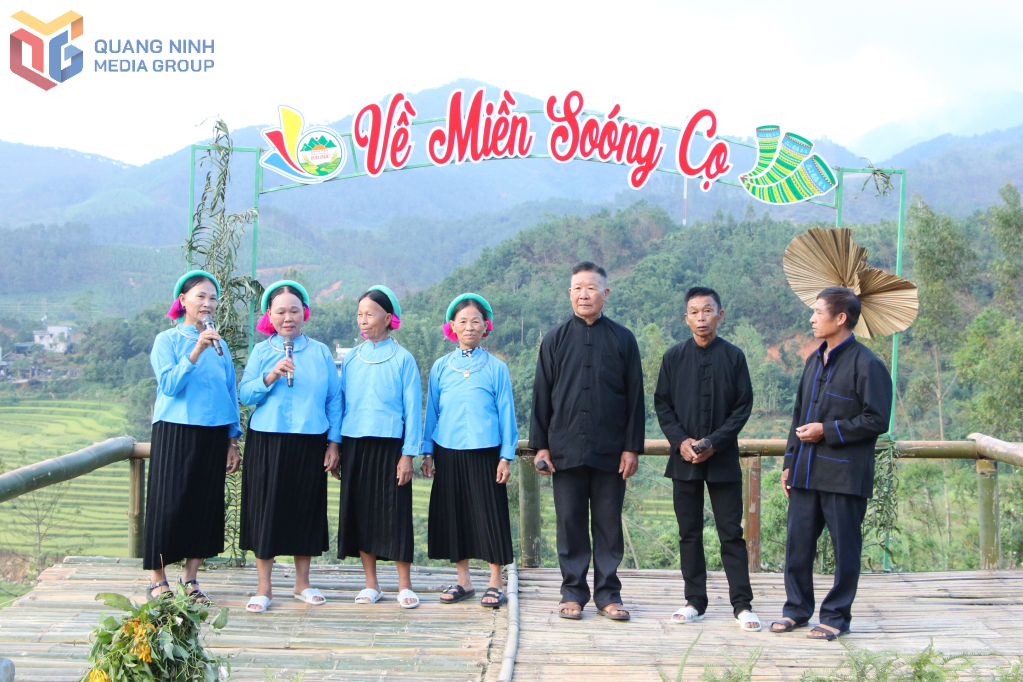
These traditions are still practiced today in daily life and during festivals, forming a vibrant cultural identity that draws increasing interest from both domestic and international visitors. By integrating preservation with community-based tourism, Quang Ninh has opened up new opportunities for economic and social development in mountainous and ethnic areas.
Festivals, cultural spaces, and traditional crafts have become tourism attractions, creating jobs, boosting incomes, and reigniting community pride in cultural heritage.
In a bid to further preserve and promote ethnic traditions while strengthening local cultural infrastructure, Quang Ninh Provincial People's Committee issued a plan on the implementation of the project “Preserving and Promoting the Fine Traditional Cultural Values of Ethnic Minorities in Connection with Tourism Development”, part of the National Target Program for Socio-Economic Development in Ethnic Minority and Mountainous Areas for 2021-2030, with Phase I covering 2024-2025.
The project sets out comprehensive tasks for provincial departments and local authorities. These include conducting surveys and inventories of intangible heritage, collecting and archiving cultural materials, and organizing representative traditional festivals. It also emphasizes the development of unique tourism products rooted in ethnic identity, the creation of supportive policies for People’s Artists and Meritorious Artists, and the training of successors to preserve and promote traditional practices.
In parallel, the province is also investing in the development of signature tourism destinations in ethnic and mountainous regions. It is continuing its pilot initiative to preserve and enhance the cultural identity of four ethnic minority villages, in alignment with community-based tourism models for the 2023-2025 period.
These efforts aim to build a systematic and sustainable framework for cultural preservation, transforming intangible heritage into both a spiritual foundation and a practical engine for local development.
As Quang Ninh continues to walk this dual path of conservation and innovation, it offers a compelling model of how tradition can thrive in the present while shaping a resilient, inclusive future.

